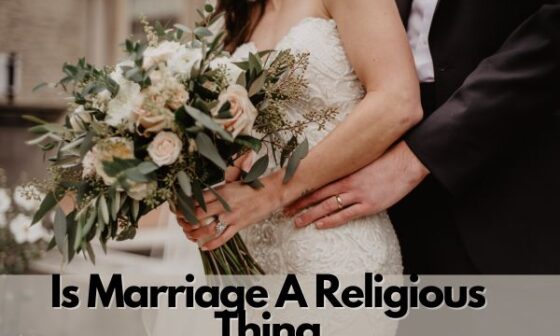Relationships are intricate journeys filled with moments of joy, laughter, and, yes, disagreements. The dynamics of when couples start fighting can vary widely, but it’s essential to understand the patterns and factors contributing to these conflicts. Let’s delve into the stages of conflict within relationships and gain insights into why and when they arise.
When Do Couples Start Fighting?
Couples embark on unique journeys as they navigate the intricacies of their relationships. Every relationship has its ebbs and flows, and conflicts are a natural part of this journey. From the initial sparks of attraction to the deeper emotional connections, understanding when couples start fighting sheds light on the dynamics that shape our connections with significant others.
Couples may start fighting or experiencing conflicts at various points in their relationship. The timing and reasons for fights can vary widely from one couple to another, but here are some common triggers and stages in a romantic relationship where conflicts may arise:
1. Early Dating Stage: In the beginning, couples may argue about things like communication, expectations, and boundaries as they are getting to know each other. These arguments can be driven by misunderstandings or differences in values and interests.
2. Transitioning to Commitment: As a relationship progresses and becomes more serious, conflicts may arise when couples discuss topics like exclusivity, moving in together, or defining the nature of their commitment. These discussions can trigger disagreements about the pace of the relationship.
3. Living Together: When couples decide to move in together, they often encounter new challenges related to sharing space, finances, and household responsibilities. These issues can lead to arguments if not managed effectively.
4. Intimacy and Sexuality: Disagreements about sexual frequency, desires, or preferences can lead to conflicts. Open and honest communication is crucial in this area.
5. Family and Friends: Differences in how to handle family and friends, particularly if there are conflicts with in-laws or concerns about social activities, can be sources of tension.
6. Financial Matters: Money is a common source of conflict in relationships. Disagreements can arise over budgeting, spending habits, and financial goals.
7. Parenting: If a couple has children or plans to have them, parenting can introduce new challenges. Differences in parenting styles, discipline, and childcare responsibilities can lead to disagreements.
8. Work and Career: Work-related stress or issues like long working hours can spill over into a relationship and cause conflicts, especially if one partner feels neglected or unsupported.
9. Communication Issues: Poor communication or misunderstandings can lead to frequent arguments in any stage of a relationship. This includes issues related to not listening, misinterpretations, or ineffective conflict resolution.
10. Personal Growth and Changes: As individuals grow and change over time, their needs and priorities may shift. If couples don’t adapt together, conflicts can arise over differing life goals and aspirations.
It’s important to note that conflicts are a natural part of any relationship and can even be healthy if handled constructively. What matters most is how couples manage and resolve these conflicts. Healthy communication, empathy, compromise, and a willingness to work through problems together are key factors in maintaining a strong and lasting relationship. If conflicts become chronic or escalate into harmful behaviors, seeking professional help from a therapist or counselor can be beneficial.
Conclusion
In the intricate tapestry of relationships, conflicts are inevitable but manageable aspects of growth. Understanding when couples start fighting provides insight into the phases of a relationship and the opportunities for strengthening emotional connections. By navigating conflicts with empathy, active communication, and a willingness to learn, couples can transform disagreements into catalysts for deeper understanding and enduring love.
FAQs
1. Is it normal for couples to fight in the early stages of a relationship? Yes, conflicts can arise as couples adjust to each other’s expectations and differences.
2. How can couples improve their communication during conflicts? Active listening, empathy, and avoiding blame are essential for effective communication.
3. What if our conflicts seem to escalate frequently? Seeking professional guidance from a relationship counselor can provide valuable insights.
4. Can conflicts actually strengthen a relationship? Yes, conflicts can lead to growth, better communication, and a deeper emotional bond.
5. How do couples avoid letting conflicts damage their relationship? By addressing conflicts promptly, respecting each other’s feelings, and working together to find solutions.







